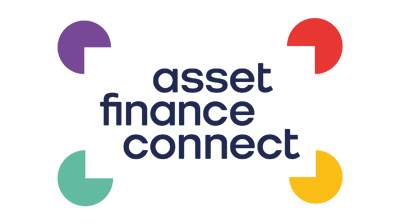Falling gas and electricity prices provided the largest downward contributions to the monthly change in CPI annual rates.
Food prices rose in July 2023 but by less than in July 2022, also leading to an easing in the annual inflation rates.
Following the latest inflation figures announced this morning, Mike Randall, CEO of Simply Asset Finance said, “A consecutive drop in inflation signals that a return to economic normalcy could be within reach, giving SME’s hope for future growth.
“While ONS business data still reports inflation as one of the main concerns for 16% of business leaders, pressures are easing in other areas. Fewer businesses are reporting energy prices as their main concern, with 24% even reporting having no concerns for their business.
“From high interest rates to stubborn inflation, businesses have become experts at adapting to the challenges the economy presents to them. Yet, whilst businesses have remained positive through tactics like managing cashflow and embracing technology, lenders need to recognise their significance in keeping businesses buoyant. This means providing consistent and flexible financial support, especially through challenging economic periods.”
Neil Rudge, Head of Enterprise at Shawbrook, commented "A slower increase in prices is good news for many and provides some reassurance for business owners that perhaps the economy is more stable than it has been.
“This newfound equilibrium is underscored by the latest CBI SME Trends Survey which reported stable sentiment for a second successive quarter. This may not seem significant on its own, but when looking at the latest UK GDP figures showing growth despite the sharp declines experienced in 2022 and the beginning of 2023, the outlook for the rest of the year appears to be growing increasingly positive.
“However, many businesses continue to face challenges. While SMEs remain resilient, business owners are diversifying their strategies and funding options. We’re seeing that many are keen to explore specialist finance solutions, such as asset-based lending, which may help to minimise fluctuations in finances, track a business’s growth, and ultimately offer more flexibility during uncertain times.”




